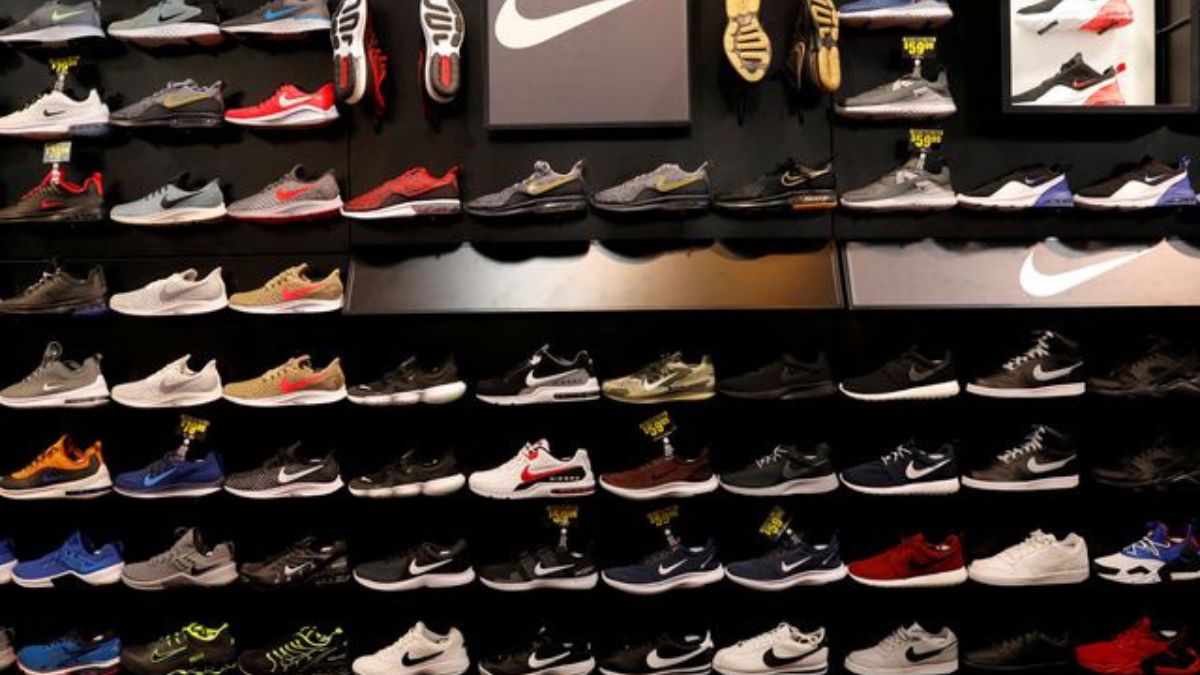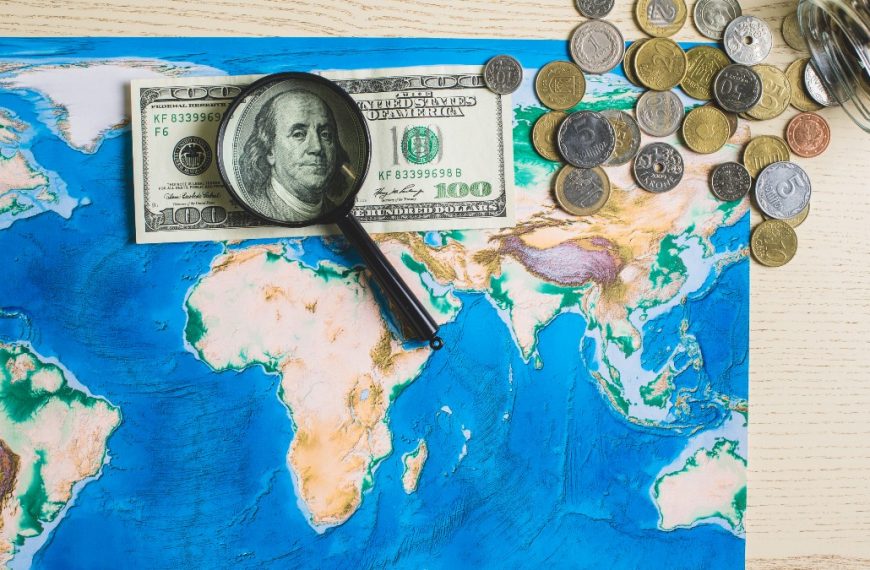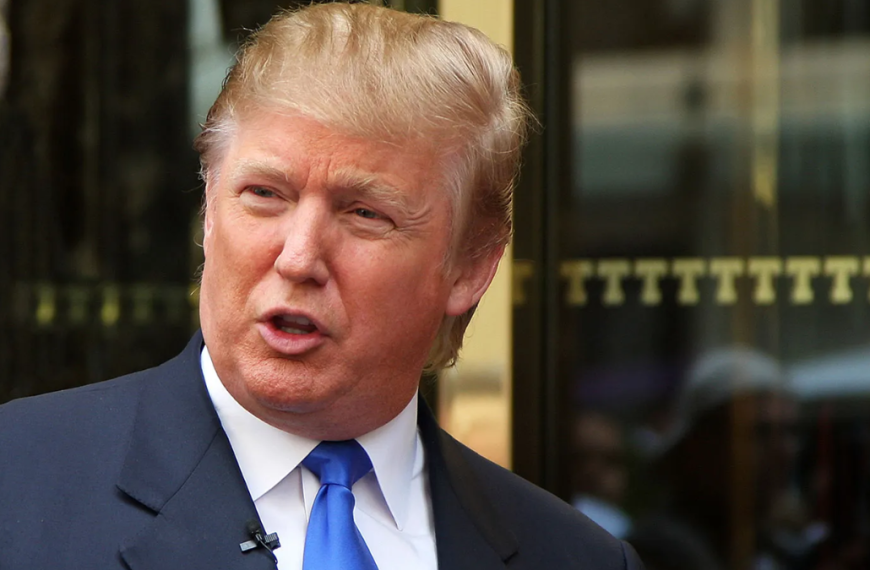As the Trump administration gears up to unveil its anticipated tariff strategy, concerns are rising among sportswear brands, particularly those heavily reliant on Vietnamese manufacturing. With Vietnam boasting a substantial $123.5 billion trade surplus with the U.S., it has become a focal point for potential tariff implications, jeopardizing the production capabilities of major companies like Nike and Adidas.
The Impact of Tariffs on Nike’s Operations
Nike’s reliance on Vietnam is significant. The company’s latest annual report highlights that 50% of its footwear and 28% of its apparel are manufactured in this Southeast Asian nation. In contrast, Adidas sources 39% of its footwear and 18% of its apparel from Vietnam, indicating a heavier dependency for Nike. Vietnam’s appeal as a manufacturing hub stems from its affordable labor costs, skilled workforce, and robust transportation infrastructure, making it a preferred partner for these global brands.
The Stock Market Reaction
Nike isn’t the only company feeling the pinch. Shares of Shenzhou International Group Holdings Ltd, a key player in Asian clothing manufacturing connected to Nike, plummeted by 18% on the Hong Kong Stock Exchange—the steepest drop in over three years. Other manufacturing nations like China and Cambodia are also facing tariff challenges, with rates of 34% and 49%, respectively.
Nike Faces Mounting Pressure
The timing of these stock declines couldn’t be worse for Nike. The company has recently been losing market share to innovative rivals such as On and Hoka. During a quarterly earnings call, Nike’s Chief Financial Officer, Matt Friend, indicated that the company anticipates further revenue drops in the upcoming quarter. S&P Global Market Intelligence reports that Nike’s stock dropped 20% in March alone, with a notable acceleration in decline following the latest earnings report.
Rising Tensions in the U.S.-Vietnam Trade Relations
The footwear and apparel relationship with Vietnam flourished during Trump’s initial term due to the escalating trade conflict with China, prompting brands to shift their sourcing. However, this dynamic changed in 2019 when Trump accused Vietnam of exploiting trade agreements more than China. In an effort to smooth relations, Vietnam’s Prime Minister Pham Minh Chinh expressed a willingness to engage with Trump to resolve trade tensions.
Amidst this backdrop, Vietnam has made efforts to foster goodwill, such as reducing taxes on U.S. imports and allowing Starlink services ahead of tariff announcements. However, with the unveiling of the tariff strategy, Prime Minister Chinh convened an urgent cabinet meeting to address the fallout, reflecting the serious implications for Vietnam’s economy.
Economic Insights
Economist Vo Tri Thanh, former deputy director of the Vietnam Institute for Economic Management, remarked, "This is a shock for both the global and Vietnamese economies." The potential economic repercussions underline the delicate balance of international trade and the vulnerabilities faced by countries that heavily depend on exports to the U.S.
As the situation evolves, the implications of Trump’s tariff plan will continue to resonate throughout the sportswear industry and beyond, signaling a period of uncertainty for brands reliant on Asian manufacturing.











